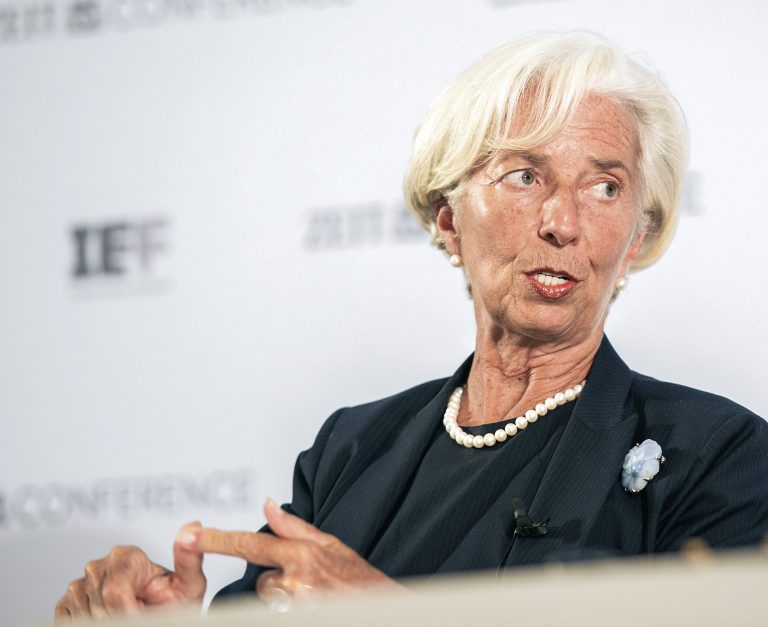There is now increasing pressure from politicians on the European Central Bank (ECB) to help over-indebted eurozone countries such as Italy and France to shed some of the cost of their giant debt.
The ECB is already helping them to some extent, and the population of some eurozone countries such as Austria, Slovakia, Estonia, Latvia and Croatia are paying for this by losing more of their purchasing power in savings or wages.
In fact, these countries have annual inflation rates of around four per cent or more, although the Czech Republic, for example, which has its own currency, had annual inflation of only 2.3 per cent in October, according to the same Eurostat data.
Meanwhile, the Czech National Bank sets its base interest rate at 3.5 per cent, while the ECB has its base deposit rate at just two per cent. If the central bank were to set its base rate higher, for example closer to the CNB's level, it can be assumed that inflationary pressures in the euro area, not just in the five countries mentioned above, would be dampened considerably.
It would also dampen the rate at which the euro area population loses the purchasing power of its savings or wages. It is just that the politicians of over-extended countries such as Italy and France feel that the interest rates currently set by the ECB are too high. Their appeals to the Bank thus expose the fundamental weakness of the entire euro area project. Within the framework of this project, the macroeconomic convergence of the countries that share the euro was supposed to take place over the years of the euro's existence, so that a single interest rate could be applied throughout the euro area that would suit everyone. However, it is now clear that the interest rate that has been set only suits some of the euro area Member States.
Already this October, the European Central Bank was called upon by the Deputy Prime Minister of Italy, Antonio Tajani. In his view, it should lower its base interest rates and resume its quantitative easing programme, that is, resume buying up the sovereign debt of the euro area countries for the newly created billions, even trillions, of euro.
This month, Jordan Bardella, leader of the French National Association, joined in, saying it will be impossible to avoid a discussion with the ECB on French debt. Meanwhile, Bardella is the favourite in polls for the French presidential election, which is due to be duly held in 2027. He could get 35 per cent of the vote or more in the first round.
However, the European Central Bank, through the mouth of its head Christine Lagarde, has so far refused to provide any significant assistance to the over-indebted eurozone countries. Apparently also because it would further accelerate inflation in those named eurozone countries that already have inflation of four per cent or more. And whose populations, without even realising it, are already paying for French or Italian debts - that is to say, for example, for the social programmes of those countries - by losing so much of their purchasing power.
However, with the further projected growth of French public debt in particular, there is a growing risk that the phenomenon of so-called fiscal dominance within the eurozone will grow stronger. Monetary policy, as represented by the ECB, will therefore succumb even more clearly to the dominant fiscal interest, which will be to prevent countries such as France from entering a dangerous phase of debt spiral and, potentially, insolvency. This would shake the very foundations of the still rather shaky structure of the entire euro area, whose members, contrary to the assumptions made at the turn of the millennium, are not converging macro-economically but, on the contrary, are diverging more and more clearly. All of this increases the societal costs of maintaining the euro area and brings it closer to the critical threshold where this European monetary union will no longer be sustainable.
Text originally published on lukaskovanda.cz.
